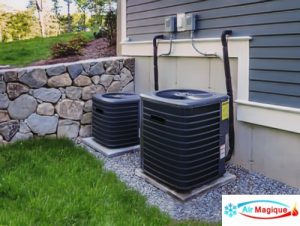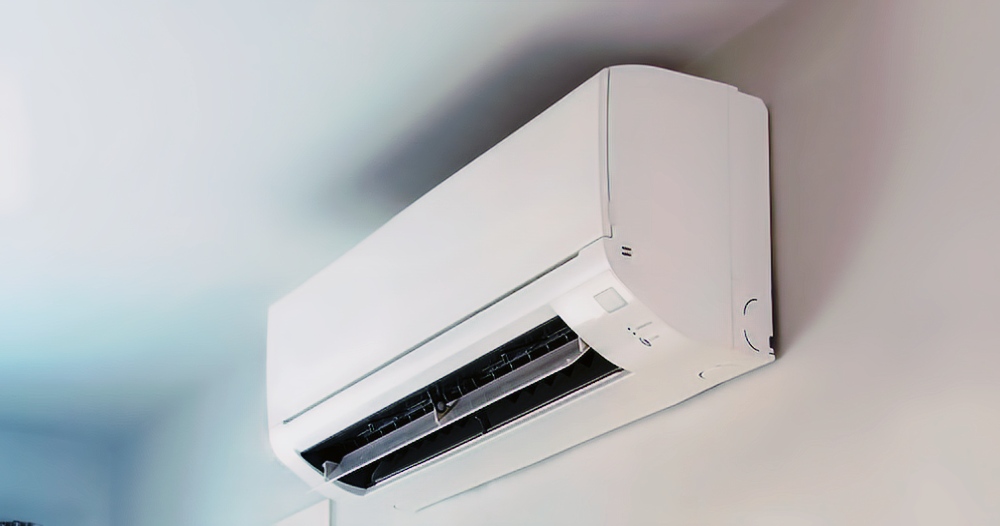As temperatures begin to rise, air conditioning becomes an essential part of our lives. However, even the most robust and well-maintained AC systems can break down or malfunction over time. It is crucial to identify the signs that your AC unit needs repair before it stops working entirely. Here are some warning signs that your AC system needs repair.
Poor airflow: If you notice weak or insufficient airflow coming out of your AC vents, it could indicate a problem with your air conditioning system. This problem could be caused by a clogged air filter or a malfunctioning fan. If left unaddressed, poor airflow can put extra strain on your AC system, resulting in higher energy bills and a shorter lifespan for your unit.
Warm air: If the air coming out of your AC vents is not as cool as it should be, it could indicate a refrigerant leak, a compressor problem, or an issue with the ductwork. A professional HVAC technician can diagnose and repair the issue to ensure that your AC unit is operating efficiently.
Unusual noises: If you hear any strange noises coming from your AC unit, such as grinding, rattling, or squealing, it could indicate a problem with the blower motor or other mechanical components. These noises could also indicate loose parts, which could eventually damage your AC unit if left unchecked.
Unpleasant smells: If you notice a musty or unpleasant odor coming from your AC system, it could indicate mold or mildew growth inside the unit or ductwork. This problem can negatively impact your indoor air quality and pose a risk to your health.
High humidity: If your home feels excessively humid, it could indicate a problem with your AC system’s dehumidifying function. This issue could be caused by a malfunctioning condensate drain or an undersized AC unit.

If you notice any of these signs, it is essential to schedule an AC repair service as soon as possible. Regular AC maintenance and timely repairs can help prolong the lifespan of your AC unit and ensure that it operates efficiently, saving you money on energy bills in the long run.


